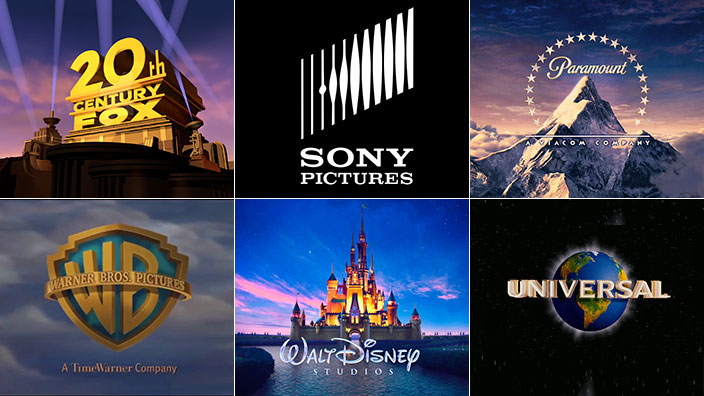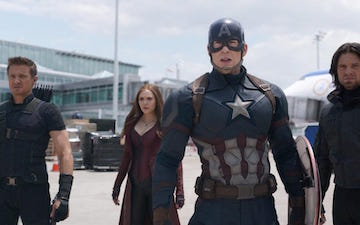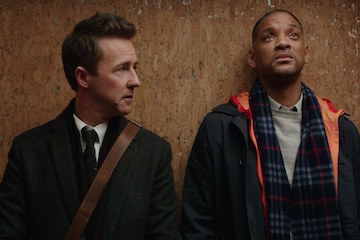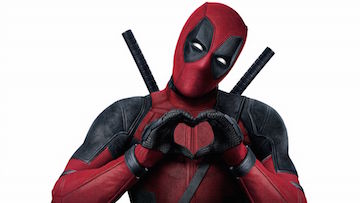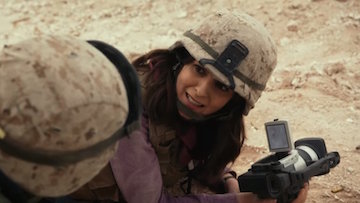HOW AMSTERDAM AND DON’T WORRY DARLING HEIGHTEN THEIR REALITIES TO DISSECT OURS
They are two of the fall award season’s most star-studded and discussed films. David O’Russell returns to directing for the first time since 2015 with Amsterdam, a massive production spanning two continents and set in a post-WW1 period of free-spirited decadence and simmering fascism. And Olivia Wilde’s tabloid-fodder retro-mystery Don’t Worry Darling, which pits Florence Pugh against The American Dream in a ‘50s milieu that demands a blind eye be turned to hideous misogyny.

Prior to release, they were both singled-out as Oscar frontrunners and in all likelihood will still factor, albeit in below-the-line categories like costume design, art direction, production design. Both are stunning films to look at, their imagined worlds rich with colours and camera tricks that provide some giddy visual moments. Pugh might jag a Best Actress nomination for her gutsy turn, too. But critics have been a bit down on them as a whole - Don’t Worry Darling has some passionate advocates, but is topping out at 40% on Rotten Tomatoes; Amsterdam, slightly worse off at 35%.
 I’m in the Fresh Tomato crate on both, while also certainly acknowledging that both films are flawed in ways they shouldn’t be (especially Amsterdam, which is O’Russell at his most wildly self-indulgent). What I find particularly fascinating is that they are mainstream studio projects that give full-flight to entirely constructed realities constructed to address the most pertinent social issues of contemporary Western society. Yes, I wish they were better films, but I’m glad they are being made at all. (Pictured, right: from left, John David Washington, Margot Robbie, Rami Malek and Anya Taylor-Joy in Amsterdam)
I’m in the Fresh Tomato crate on both, while also certainly acknowledging that both films are flawed in ways they shouldn’t be (especially Amsterdam, which is O’Russell at his most wildly self-indulgent). What I find particularly fascinating is that they are mainstream studio projects that give full-flight to entirely constructed realities constructed to address the most pertinent social issues of contemporary Western society. Yes, I wish they were better films, but I’m glad they are being made at all. (Pictured, right: from left, John David Washington, Margot Robbie, Rami Malek and Anya Taylor-Joy in Amsterdam)
Don’t Worry Darling imagines a manicured suburban paradise built to serve the male employees of The Victory Project, a secret undertaking that starts to smell to Alice (Florence Pugh) like a global domination cult based on the principles of patriarchal superiority. She’s married to the upwardly mobile Jack (Harry Styles), one of the key offsiders to the Hank Scorpion-like Victory Project boss, Frank (Chris Pine), who demands the ladies of his utopian America just lay back and enjoy the spoils of their husband’s worklife, no questions asked. Wilde and scriptwriter Katie Silberman work in some fantasy elements to shade the film in cool scifi-ey, genre beats, but the message finds an urgent clarity - ladies, fight back, kicking and screaming, or lose your voice entirely.
Amsterdam bounces back and forth between 1930’s NYC, the European theatre of conflict in 1917 and the titular bohemia of 1919. Two wounded soldier buddies (Christian Bale, John David Washington) bond with a French/not-French nurse (Margot Robbie) in a friendship pact that carries them all the way to the soulless strengthening of corporate greed in a booming pre-WWII U.S. economy. From that dark seed, the ties that bind fascism and capitalism are sown. There are a multitude of eccentric sideways deviations in O’Russell’s ‘cuckoo’ farce, affording a whole lot of stars (Zoe Saldana, Mike Myers, Ed Begley Jr, Robert de Niro, Rami Malek, Anya Taylor-Joy, Chris Rock, Taylor Swift) some flavoursome bit parts. But mostly, Amsterdam is a nutty, noisy narrative about the birth of Trump’s America.
 The end-goal impact that Wilde and O’Russell were working towards is to be found in two landmark films that remain relevant today. Don’t Worry Darling recalls The Stepford Wives (Bryan Forbes' 1975 original, and definitely not Frank Oz’s 2004 misdirection), which conjures a similar well-to-do American middle class designed to continually strengthen the patriarchy. And both films want to expose the horrors of modern life in the way that Peter Weir and Andrew Niccol did in 1998 with The Truman Show, the visionary takedown of the entertainment sector’s most shameless exploitation model, the then newly-minted world of reality TV. (Pictured, above: Katharine Ross in The Stepford Wives)
The end-goal impact that Wilde and O’Russell were working towards is to be found in two landmark films that remain relevant today. Don’t Worry Darling recalls The Stepford Wives (Bryan Forbes' 1975 original, and definitely not Frank Oz’s 2004 misdirection), which conjures a similar well-to-do American middle class designed to continually strengthen the patriarchy. And both films want to expose the horrors of modern life in the way that Peter Weir and Andrew Niccol did in 1998 with The Truman Show, the visionary takedown of the entertainment sector’s most shameless exploitation model, the then newly-minted world of reality TV. (Pictured, above: Katharine Ross in The Stepford Wives)
Neither Don’t Worry Darling nor Amsterdam nail it with precision, but they do indicate that smart, ambitious, high-end social commentary is still on the studio agenda. Audiences may need a little more convincing; at time of writing, O’Russell’s US$80million folly is bombing, while Wilde’s starry vision is waning after a strong first week. And there are factors out of the industry’s control that are in play, like the difficulty more adult-skewing pics are having in drawing audiences post-COVID. But both films suggest that at least some of the Hollywood hierarchy take their role as arbiters of the world’s most popular and influential artform seriously.
 Simon Foster
Simon Foster